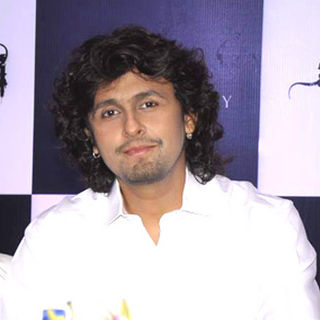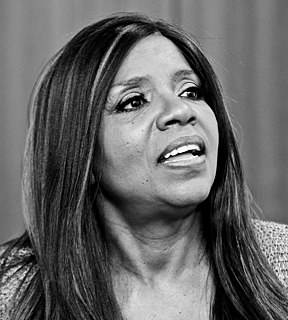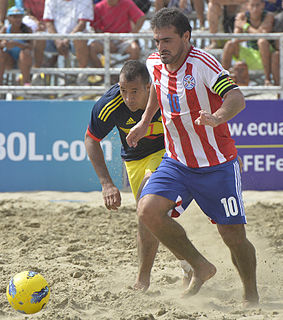A Quote by Tyler Perry
My mother was truly my saving grace, because she would take me to church with her. I would see my mother smiling in the choir, and I wanted to know this God that made her so happy. If I had not had that faith in my life, I don't know where I would be right now.
Related Quotes
As a child, Kate hat once asked her mother how she would know she was in love. Her mother had said she would know she was in love when she would be willing to give up chocolate forever to be with that person for even an hour. Kate, a dedicated and hopeless chocoholic, had decided right then that she would never fall in love. She had been sure that no male was worth such privation.
Before every show, I would call my mother and say, 'Mummy, I don't know how I will sing today.' But that would change as soon as I went on stage and would merge with my music. She is my best ally, and I don't want to lose her. Nobody other than her would be concerned if I had eaten or had oiled my hair. She is my queen.
I mean, her father was an alcoholic, and her mother was the suffering wife of a man who she could never predict what he would do, where he would be, who he would be. And it's sort of interesting because Eleanor Roosevelt never writes about her mother's agony. She only writes about her father's agony. But her whole life is dedicated to making it better for people in the kind of need and pain and anguish that her mother was in.
Her [Eleanor Roosevelt] father was the love of her life. Her father always made her feel wanted, made her feel loved, where her mother made her feel, you know, unloved, judged harshly, never up to par. And she was her father's favorite, and her mother's unfavorite. So her father was the man that she went to for comfort in her imaginings.
My mother had heard the story of Hannah and Samuel, so she prayed that if God would give her a son, she would give that son to God. That was a perfectly appropriate thing for her to do, but as I observe, she did not have to tell me she had made such a promise. In particular, she did not have to tell me when I was six.
She didn’t understand why it was happening,” he said. “I had to tell her she would die. Her social worker said I had to tell her. I had to tell her she would die, so I told her she was going to heaven. She asked if I would be there, and I said that I would not, not yet. But eventually, she said, and I promised that yes, of course, very soon. And I told her that in the meantime we had great family up there that would take care of her. And she asked me when I would be there, and I told her soon. Twenty-two years ago.
As a child, what I was missing was so much bigger to me than what I had. My mother-mythic, imaginary-was a deity and a superhero and a comfort all at once. If only I'd had her, surely, she would have been the answer to every problem; if only I'd had her , she would have been the cure for everything that ever had gone wrong in my life.
You're not the way everyone says you are," Kaye said, looking at him so fiercely that he couldn't meet her gaze. "I know you're not." "You know nothing of me," he said. He wanted to punish her for the trust he saw on her face, to raze it from her now so that he would be spared the sight of her when that trust was betrayed. He wanted to tell her he found her impossibly alluring, at least half enchanted, body bruised and scratched, utterly unaware she would not live past dawn. He wondered what she would say in the face of that.
What do you think it would have been like if Valentine had brought you up along with me? Would you have loved me?" Clary was very glad she had put her cup down, because if she hadn't, she would have dropped it. Sebastian was looking at her not with any shyness or the sort of natural awkwardness that might be attendant on such a bizarre question, but as if she were a curious, foreign life-form. "Well," she said. "You're my brother. I would have loved you. I would have...had to.
If she took Po as her husband, she would be making promises about a future she couldn't yet see. For once she became his wife, she would be his forever. And, no matter how much freedom Po gave her, she would always know that it was a gift. Her freedom would be not be her own; it would be Po's to give or to withhold. That he never would withhold it made no difference. If it did not come from her, it was not really hers.
My mom had always wanted me to better myself. I wanted to better myself because of her. Now when the strikes started, I told her I was going to join the union and the whole movement. I told her I was going to work without pay. She said she was proud of me. (His eyes glisten. A long, long pause.) See, I told her I wanted to be with my people. If I were a company man, nobody would like me anymore. I had to belong to somebody and this was it right here.


































